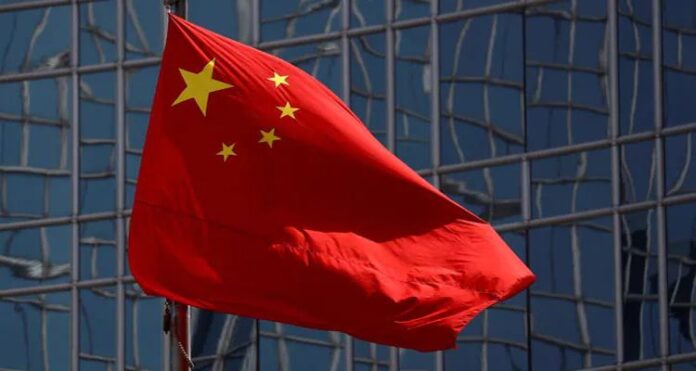| Translate This News In |
|---|
China is facing a “demographic time bomb,” as its older population grows and its workforce shrinks owing to lower birth rates.
Beijing will include more than a dozen reproductive services in a government-backed medical insurance program for the Chinese capital, according to state media on Monday, assisting people looking to have children at a time when China’s birth rate is at an all-time low.
According to the Beijing Daily, a total of 16 medical procedures utilizing assisted reproductive technology (ART) would be covered by the city’s state insurance beginning March 26 in an effort to “implement proactive fertility support measures.”
The expanded reproductive coverage may assist cut out-of-pocket expenditures and aid couples with lower incomes who want to have children, as well as individuals who have little or no access to private medical care.
According to official figures, China’s birth rate fell to a historic low in 2021, continuing a decreasing trend that prompted the national government to allow couples to have up to three children last year.
Premier Li Keqiang stated at the outset of the annual legislature meeting in March last year that China will try to achieve an “appropriate” birth rate.
China faces a “demographic time bomb,” according to analysts, as its senior population grows and its workforce shrinks due to lower birth rates, owing in part to a one-child policy that was in existence for over four decades before being repealed in 2016.
According to Li, China will gradually raise the statutory retirement age.
The eastern province of Jiangsu announced last month that employees eligible for state pensions would be allowed to request delayed retirement for no less than one year from the statutory retirement age beginning in March.


















